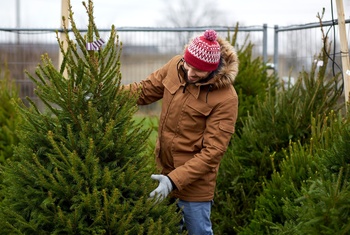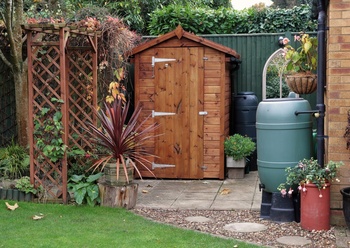
The Wildlife Trusts want your help in a survey to find out how gardeners are helping earthworms – and there’s a beehive compost bin up for grabs if you take part!
Enter your answers to the simple survey at www.wildaboutgardens.org.uk before 21 October and you could bag the top prize.
The competition marks World Earthworm Day on 21 October, an international celebration of the humble worm and the invaluable work it does in our gardens by aerating and enriching the soil, processing waste and providing food for larger garden wildlife such as birds.
Gardens provide rich habitats for worms: among the best are vegetable beds and allotments, and compost bins, where worms thrive amid the rich mix of vegetable peelings and other green waste, transforming it into rich, crumbly garden compost.
This year, for Wild About Gardens Week, the ‘Go Wild for Worms’ initiative aims to encourage gardeners to help increase populations of these incredibly useful creatures. Here are six steps you can take to welcome worms into your garden:
- Feed your soil: whenever you plant, take the chance to work a little compost into your soil. You’ll feed your plants – and your earthworms!
- Mulch with leaves: Collect leaves in autumn to make leafmould, a humus-rich soil conditioner that’s great for ground-dwelling creatures.
- Be a bit messy: Let plants die down naturally in winter and don’t be too quick to clear fallen dead leaves from the soil – earthworms love to pull them down into the ground
- Stack sticks: Lay small stacks of logs or woody prunings directly on the soil, where they will eventually decompose into worm food.
- Avoid chemicals: Minimise pesticide use, especially metaldehyde-based slug pellets, as many affect worms as well as pests.
- Let your earth breathe: Reduce the amount of hard surfacing by lifting unnecessary paving and planting it up instead.







